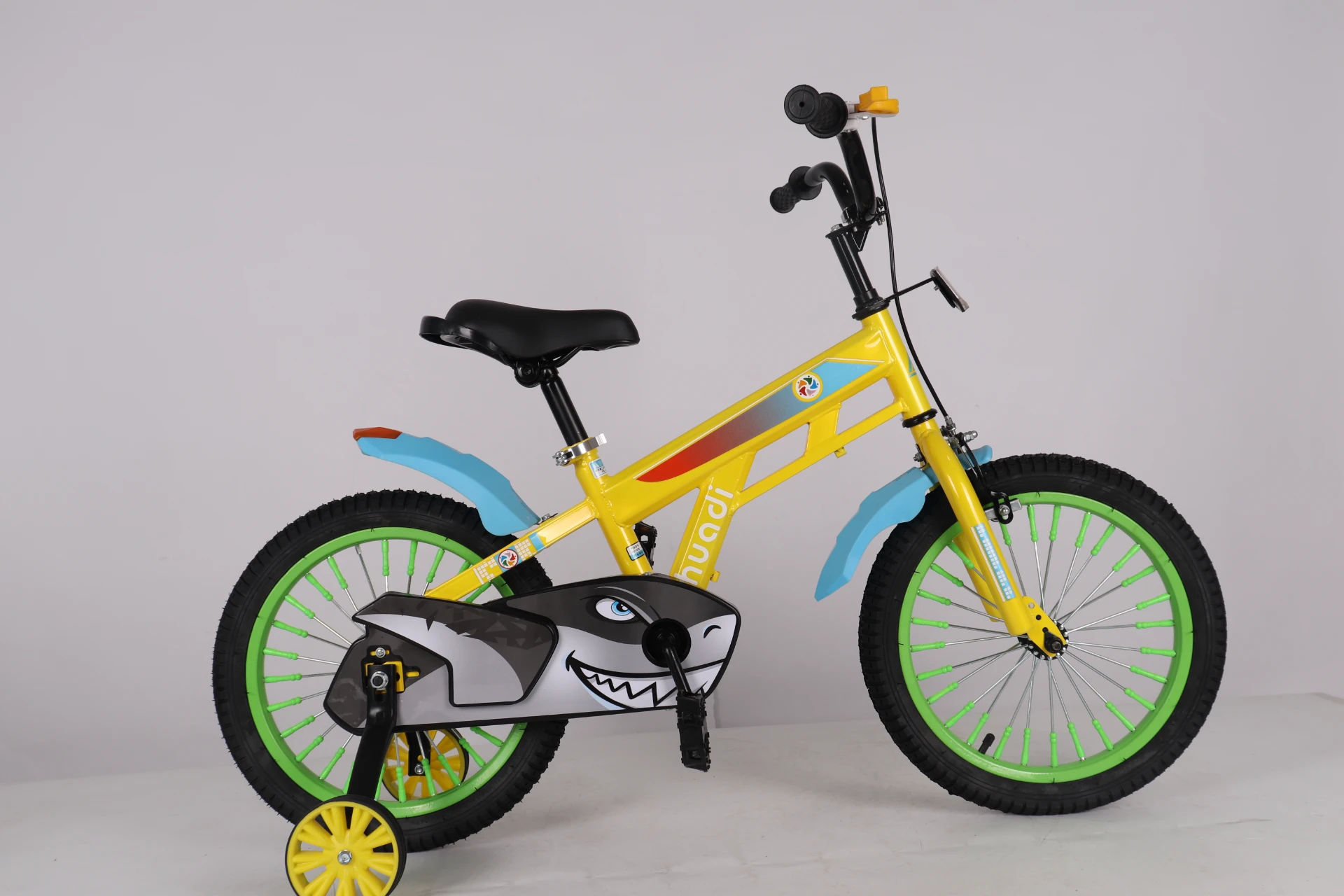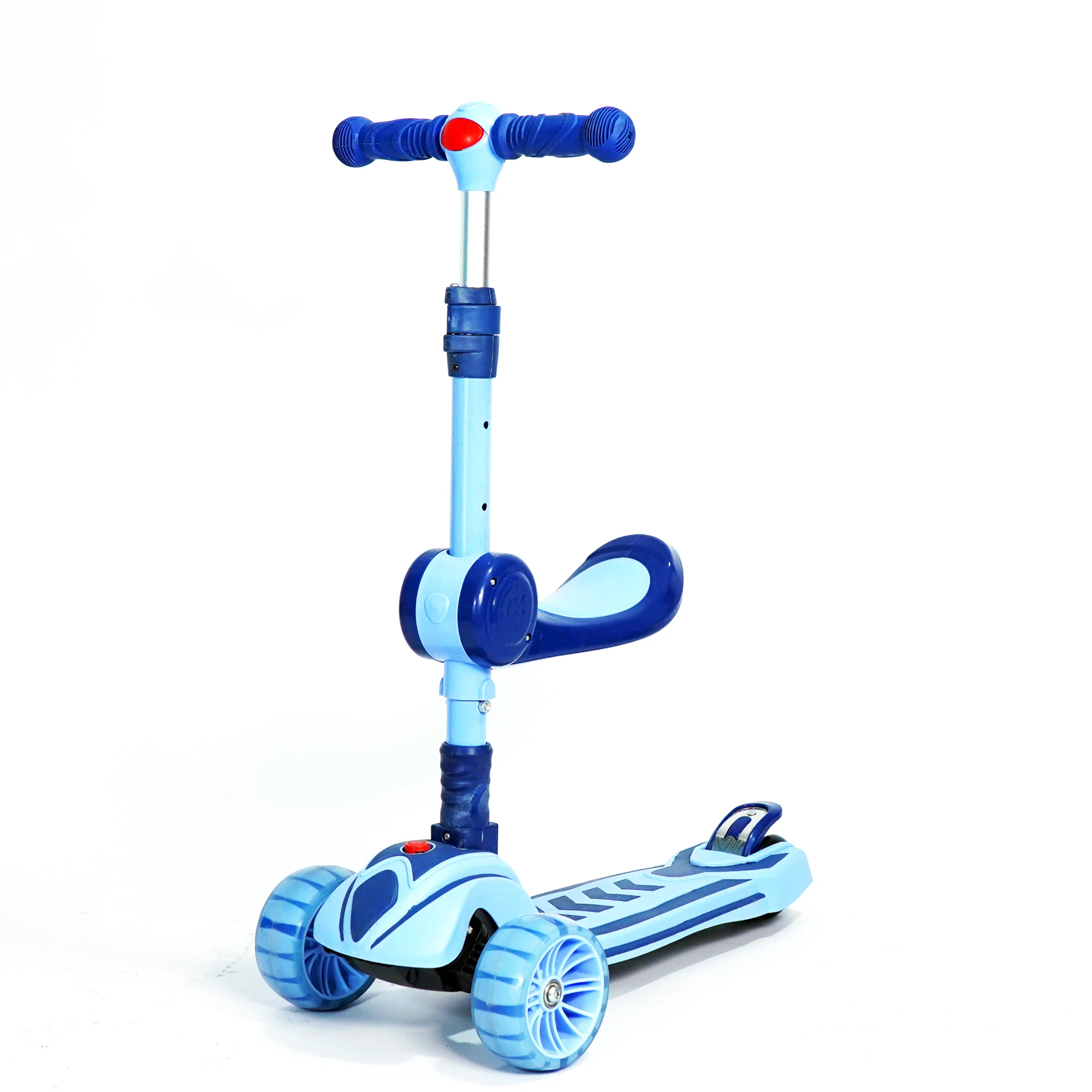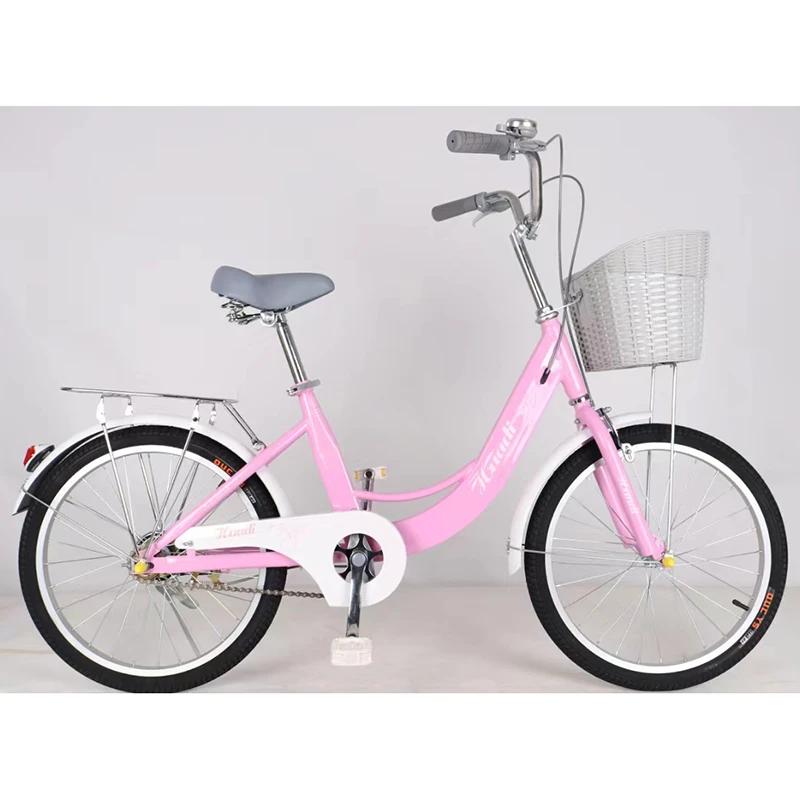2 月 . 10, 2025 11:07
Back to list
are balance bikes good for babies
Balance bikes have surged in popularity among parents looking to provide their babies with a head start in developing coordination and motor skills. Designed without pedals, these bikes allow babies to propel themselves using their feet, which naturally transitions them towards mastering a traditional bicycle. But are balance bikes truly beneficial for babies? Let's delve into a comprehensive exploration of their benefits, backed by experience, expertise, authoritativeness, and trustworthiness.
From an expert viewpoint, the design of balance bikes caters specifically to young children. These bikes are lightweight, easy to maneuver, and have adjustable seat heights to accommodate growing toddlers. Such thoughtful design demonstrates the manufacturers' understanding of the developing needs of toddlers, underscoring a commitment to creating products that not only educate but also ensure the safety and comfort of their users. Authoritative research in child development also supports the use of balance bikes. Organizations that focus on pediatric exercise stress the importance of developing gross motor skills at a young age. Activities like riding a balance bike help enhance these skills, laying a solid foundation not only for future bike riding but for other athletic endeavors. Therefore, these bikes are not merely toys; they are instrumental in a child’s developmental toolkit. Trust in balance bikes is backed by widespread parental approval and endorsements from pediatricians and child development specialists. The continuous adaptation and innovation in balance bike design reflect a commitment to quality and safety, further building trust among consumers. Positive reviews and shared experiences from parents who have witnessed their children thrive and joyfully adapt to balance bikes further solidify the credibility and reliability of these products. In conclusion, balance bikes offer more than just an early introduction to cycling; they are a pivotal tool in nurturing a baby’s development. Incorporating a balance bike into a child’s activities encourages physical, emotional, and cognitive growth. As babies embark on their cycling journey, they gain not only the necessary skills for future bicycling but also a sense of achievement and independence. With the overwhelming support from both experts and parents alike, it’s clear that balance bikes hold valuable benefits that can effectively contribute to the healthy development of children.
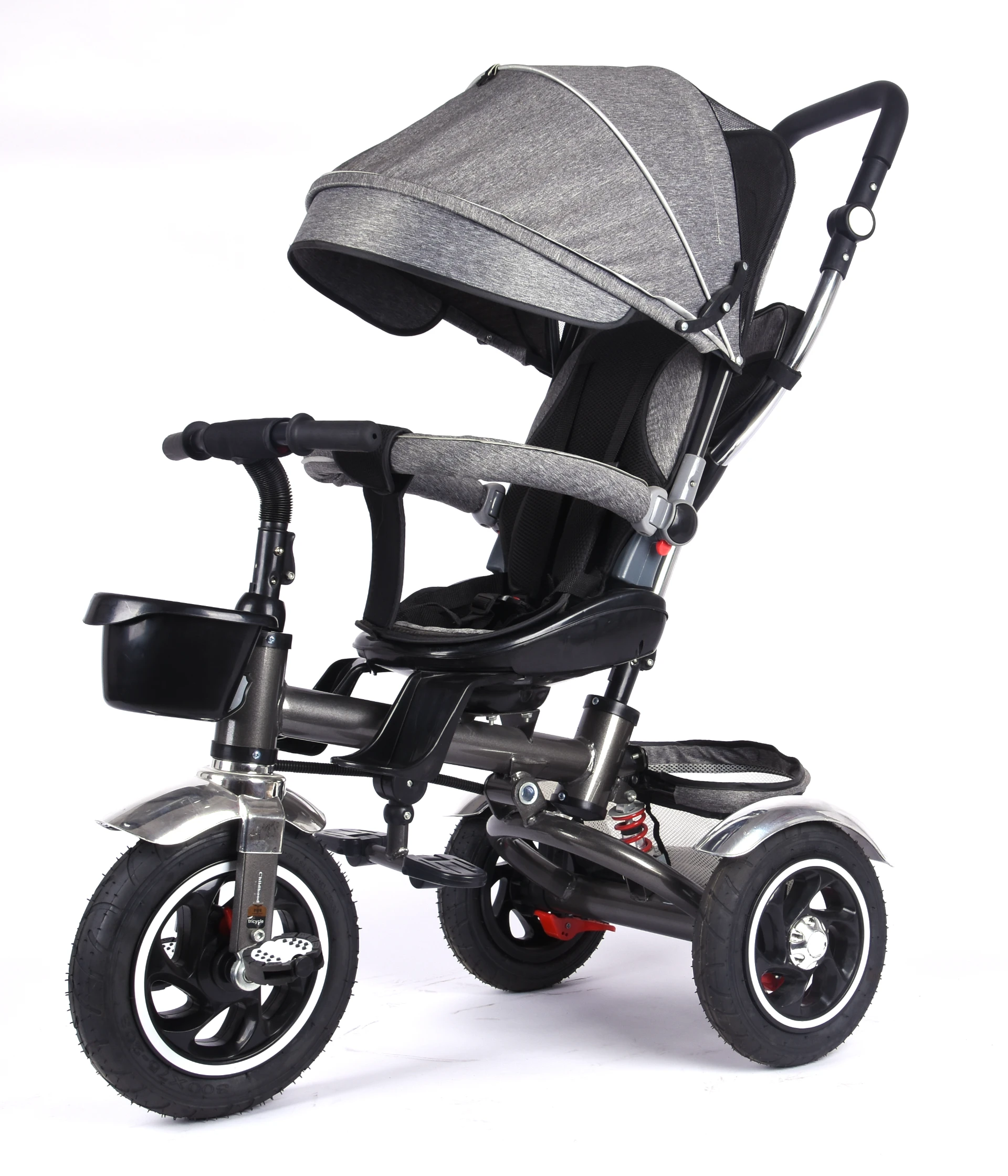
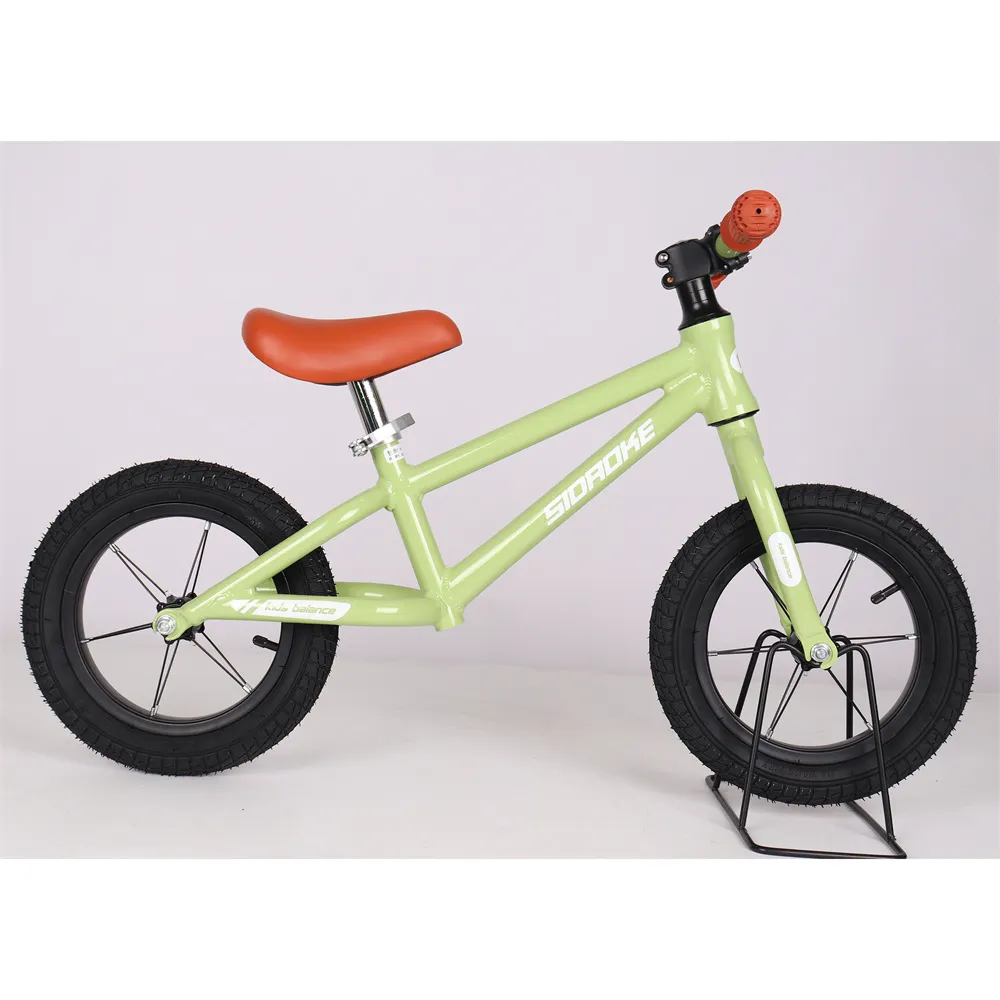
From an expert viewpoint, the design of balance bikes caters specifically to young children. These bikes are lightweight, easy to maneuver, and have adjustable seat heights to accommodate growing toddlers. Such thoughtful design demonstrates the manufacturers' understanding of the developing needs of toddlers, underscoring a commitment to creating products that not only educate but also ensure the safety and comfort of their users. Authoritative research in child development also supports the use of balance bikes. Organizations that focus on pediatric exercise stress the importance of developing gross motor skills at a young age. Activities like riding a balance bike help enhance these skills, laying a solid foundation not only for future bike riding but for other athletic endeavors. Therefore, these bikes are not merely toys; they are instrumental in a child’s developmental toolkit. Trust in balance bikes is backed by widespread parental approval and endorsements from pediatricians and child development specialists. The continuous adaptation and innovation in balance bike design reflect a commitment to quality and safety, further building trust among consumers. Positive reviews and shared experiences from parents who have witnessed their children thrive and joyfully adapt to balance bikes further solidify the credibility and reliability of these products. In conclusion, balance bikes offer more than just an early introduction to cycling; they are a pivotal tool in nurturing a baby’s development. Incorporating a balance bike into a child’s activities encourages physical, emotional, and cognitive growth. As babies embark on their cycling journey, they gain not only the necessary skills for future bicycling but also a sense of achievement and independence. With the overwhelming support from both experts and parents alike, it’s clear that balance bikes hold valuable benefits that can effectively contribute to the healthy development of children.
Prev:
Latest news
-
Unleash Your Adventurous Spirit with All Mountain BikesNewsOct.31,2024
-
The Perfect Ride for Your Little Ones: Kids TricyclesNewsOct.31,2024
-
The Joy of Riding: Quality Kids Mountain BikesNewsOct.31,2024
-
The Excitement of Kids Scooters – Choose Your Adventure!NewsOct.31,2024
-
Kids' Bikes: Find the Perfect Ride for Your Little OnesNewsOct.31,2024
-
Experience the Fun of Swing CarsNewsOct.31,2024
-
Why a Giant Bike for Kids is a Top ChoiceNewsOct.24,2024

